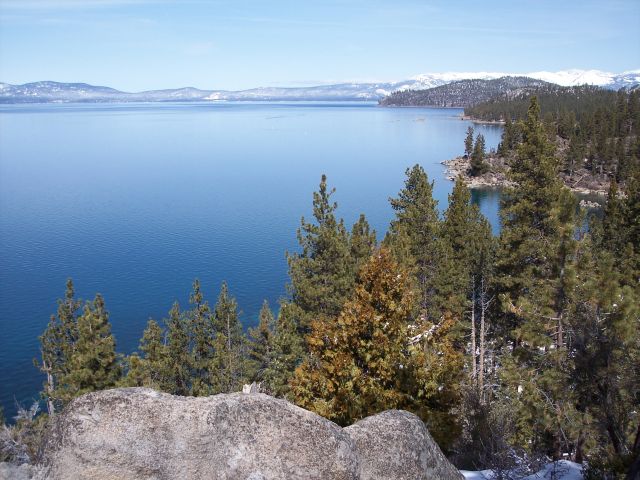Science News
Beyond Arsenic-Eating Bacteria
December 3, 2010

Yes, GFAJ-1, the bacteria that redefine life as we know it, is exciting news, but other things did happen this week. However, if you haven’t gotten your fill of these microbes, Carl Zimmer has a great blog on Discover with a little healthy skepticism on the subject, and Universe Today and xkcd both have some great reflections on the hysteria surrounding the story.
Moving on…
Seems only fitting that the climate talks in Cancun this week (COP16) were overshadowed by bacteria, doesn’t it? NPR said that officials only hoped “for small wins” out of the conference, and 80beats in Discover simply stated that:
After the mess of a meeting at the last international climate summit, one year ago in Copenhagen, the easy answer to “what might the world accomplish at this year’s meeting in Cancun?” is, well, nothing.
The news so far out of the summit is not ground breaking. Seed and Scientific American both covered the responsibility discrepancy between developing and developed nations at COP16. The host country, Mexico, finds itself on the spot for its own climate record, according to Nature. Reuters reports that Brazil is doing its part in climate change as the country slows it rate of deforestation. And the New York Times Green blog fittingly posted back-to-back stories today on Senator Inhofe’s climate-change-denying message to the conference and air pollution in Tehran that is stopping that city in its tracks. Finally, Google announced its Earth Engine at the talks. According to Nature’s Great Beyond blog,
The Earth Engine is an on-line tool designed to help scientists and governments access satellite data, analyze land-use trends and implement agreements to halt emissions of carbon dioxide from deforestation.
The talks continue into next week…
Looking at the California landscape, Discover’s 80beats blog discusses two reports on global warming affecting Lake Tahoe and the San Francisco Chronicle details scientists who are studying redwoods, looking at tree growth for clues about climate change.
Speaking of redwoods, have you heard of their albino sapling offspring in the Santa Cruz mountains? Scientists from UC Santa Cruz and Stanford are hoping to learn more about these rare mutants by studying their genome.
Finally, if you missed these gems, go back and take a look. Ed Yong followed armies of ants and their followers in his Discover blog this week and our own ant scientist, Brian Fisher, is currently posting about his Madagascar expedition for the New York Times Scientist at Work blog.
What science news conquered your attention this week? Let us know.
Image of Lake Tahoe by Sascha Brück